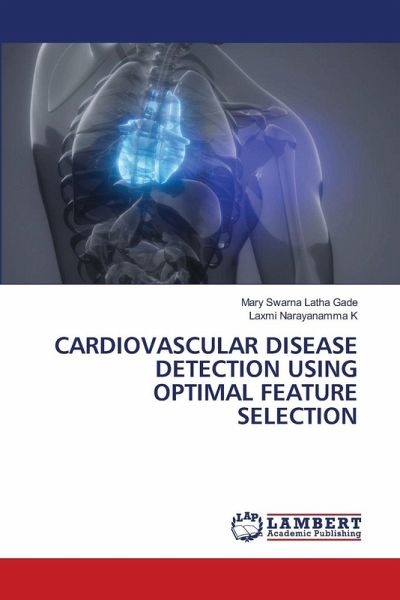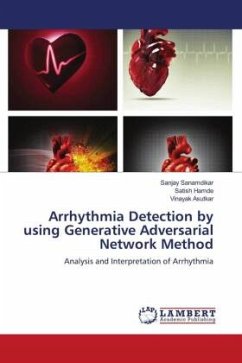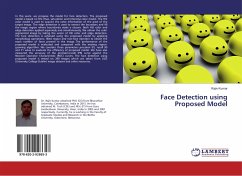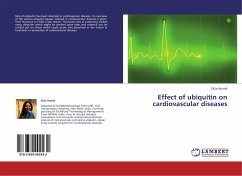
CARDIOVASCULAR DISEASE DETECTION USING OPTIMAL FEATURE SELECTION
Versandkostenfrei!
Versandfertig in 6-10 Tagen
29,99 €
inkl. MwSt.

PAYBACK Punkte
15 °P sammeln!
Cardiovascular disease (CVD) remains a leading cause of death globally, emphasizing the need for accurate early detection. This study presents a machine learning-based framework for CVD detection using ECG signals, focusing on enhanced feature selection. The system integrates Fast Correlation-Based Filter (FCBF), Minimum Redundancy Maximum Relevance (mRMR), Relief, and Particle Swarm Optimization (PSO) to identify the most relevant and non-redundant features. FCBF removes redundant data, mRMR selects key relevant features, Relief ranks features based on their class-distinguishing power, and PS...
Cardiovascular disease (CVD) remains a leading cause of death globally, emphasizing the need for accurate early detection. This study presents a machine learning-based framework for CVD detection using ECG signals, focusing on enhanced feature selection. The system integrates Fast Correlation-Based Filter (FCBF), Minimum Redundancy Maximum Relevance (mRMR), Relief, and Particle Swarm Optimization (PSO) to identify the most relevant and non-redundant features. FCBF removes redundant data, mRMR selects key relevant features, Relief ranks features based on their class-distinguishing power, and PSO optimizes the final feature set. Classification is performed using Extra Trees and Random Forest classifiers, known for high accuracy and resistance to overfitting. The combined model achieved a 100% accuracy rate across diverse datasets, outperforming existing methods and demonstrating superior performance in feature selection and classification. This framework holds strong potential to improve early CVD diagnosis and enhance clinical decision-making.












